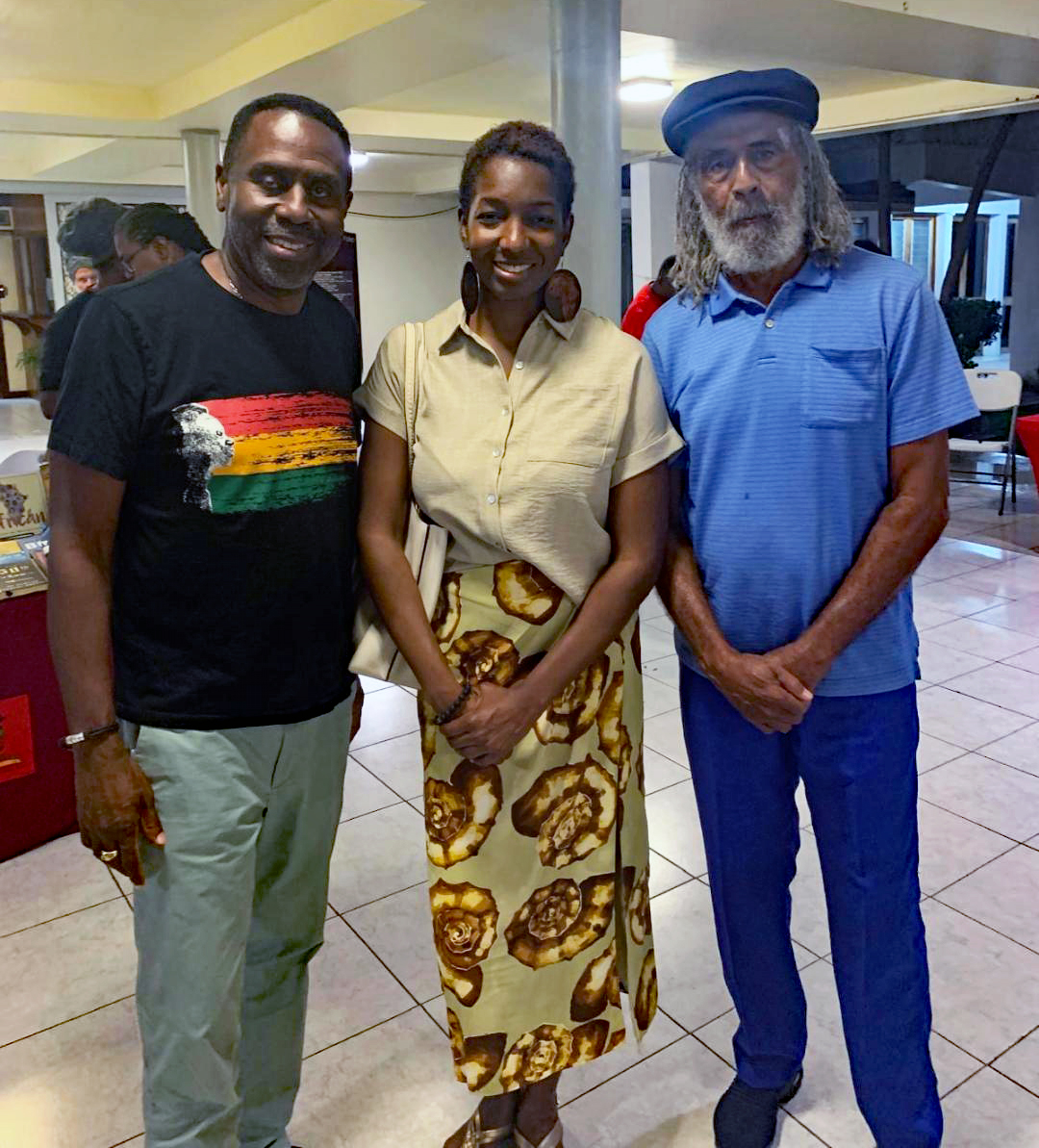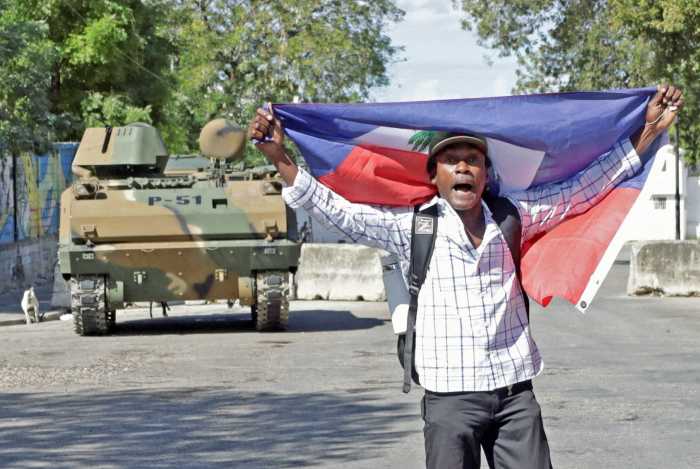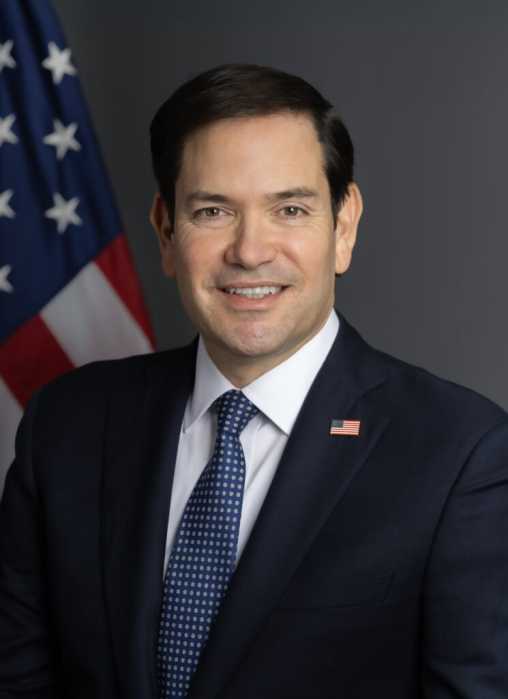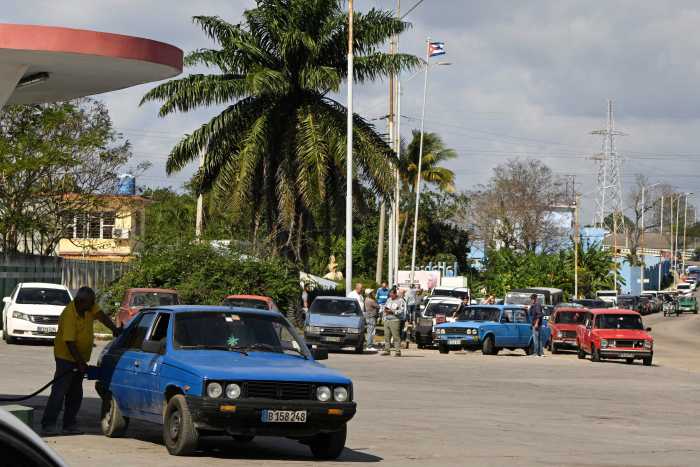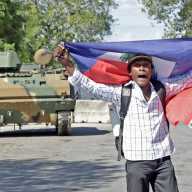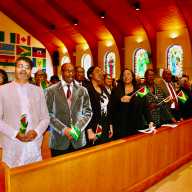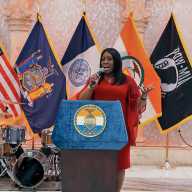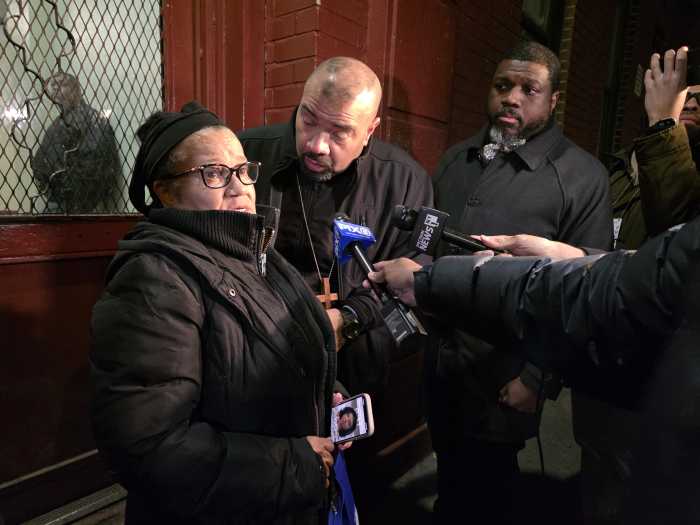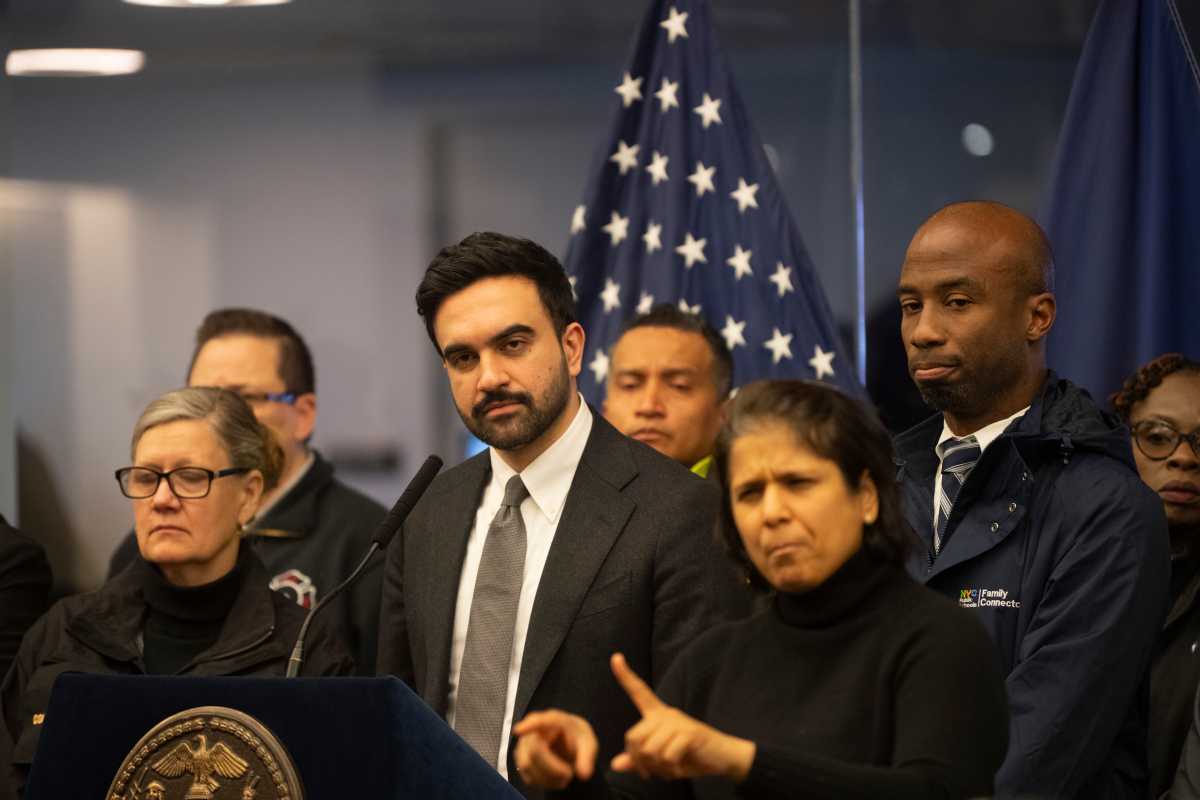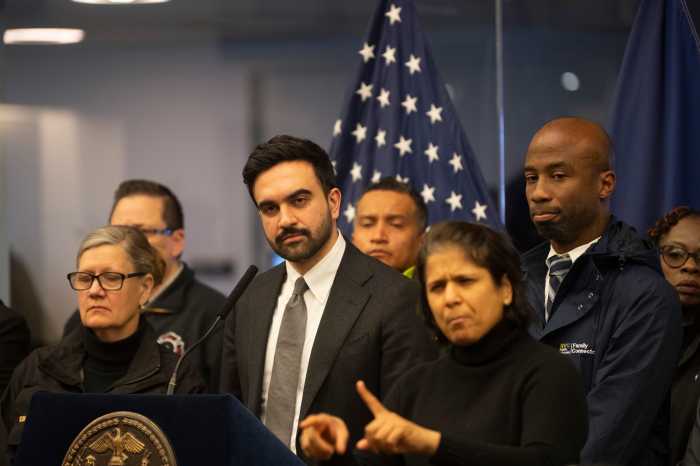The rafters at the National Arena in Kingston, Jamaica were filled with music, memories and emotion on Saturday, Oct. 11, as reggae legends Luciano, Jr. Reid, Stephen Marley, Beenie Man, Bongo Herman, Carlene Davis, Dean Fraser, Mutabaruka, Leroy Sibbles and Tarrus Riley paid musical tributes to the life of Allan “Skill” Cole, the footballer, the 12-Tribe Rastaman and reggae insider who helped shape Jamaica’s sporting and cultural landscape.
Allan “Skill” Cole died on Sept. 9 at 74.
Jamaican sports journalist Howard Campbell, who attended the Thanksgiving ceremony for Cole, told New York radio listeners and hosts Conroy Allison and John Melbourne, of Winner’s Circle Radio, 97.1 FM HD3, that Cole was more than just a national footballer.
“He was from a middle-class background, but, at the same time, he came up at a time when Rasta was emerging in Jamaica,” Campbell said. “And because he was a talented footballer who played all over Jamaica, people had that lasting admiration for him.”
Campbell said about the thanksgiving ceremony, “The mood inside the National Arena was pure celebration.
“Cole was a folk hero,” he said. “People came from Africa, the US, all over Jamaica to pay their last respects,” he said. “It was like one big family reunion. Also present at the thanksgiving ceremony were Queen of Reggae Marcia Griffiths and Judy Mowatt, both former members of Bob Marley’s backing group the I Three.
During the radio interview, New York-based, Jamaican-born entertainment publicist Anthony “ER Guru” Turner said that Skill Cole’s life straddled two Jamaicans, namely music and football.
“On the soccer field, he dazzled everyone with his flair and phenomenal talent, earning recognition as one of the finest strikers ever to represent the island,” he said. “As his friend, Cole assisted Marley in navigating the rocky roads in the music industry.”
As Marley’s close friend and tour manager in the 1970s, Turner said Cole traveled the world with the Wailers and introduced Bob to Jamaica’s uptown music scene.
“He took Bob to those Merritone dances at clubs like Copacabana and Turntable Club. That was Bob’s introduction to a different side of Kingston,” Campbell said.
“Skill was the one who could move between worlds,” he added. “He brought the football field, the ghetto, and the reggae stage together. You can’t write the story of Jamaica’s culture without him.”


